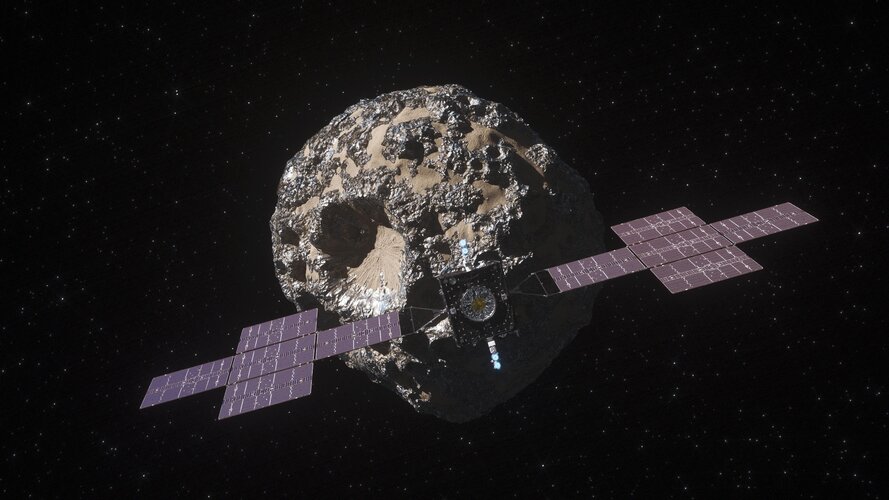
Copernical Team
ESA Council receives Anniversary Statement

The Council of the European Space Agency has received the Anniversary Statement as signed by Member States marking 50 years of the agency.
Week in images: 07-11 July 2025

Week in images: 07-11 July 2025
Discover our week through the lens
NASA targets July 31 for Crew-11 launch while Ax-4 mission won't return until next week
This request seems a bit unusual, so we need to confirm that you're human. Please press and hold the button until it turns completely green. Thank you for your cooperation!
Press and hold the button
If you believe this is an error, please contact our support team.
185.132.36.159 : 78a073fb-dc46-4050-9b59-cd564c27
Earth from Space: Lake District, UK
 Image:
The varied landscape of England’s Lake District is featured in this image captured by the Copernicus Sentinel-2 mission.
Image:
The varied landscape of England’s Lake District is featured in this image captured by the Copernicus Sentinel-2 mission. Europe's first deep-space optical communication link

The European Space Agency (ESA) successfully established a transmission-reception optical link with NASA’s Deep Space Optical Communications (DSOC) experiment onboard its Psyche mission, located 265 million kilometres away, using two optical grounds stations developed for this purpose in Greece.
Roman Space Telescope team installs observatory's solar panels
This request seems a bit unusual, so we need to confirm that you're human. Please press and hold the button until it turns completely green. Thank you for your cooperation!
Press and hold the button
If you believe this is an error, please contact our support team.
185.132.36.159 : 21e1af2b-d1dd-4a87-ad06-127d4ff4
New agreements for next decade of launches at Europe’s Spaceport in French Guiana

Webb scratches under Cat’s Paw Nebula for third anniversary

To mark its third year of highly productive science, astronomers used the NASA/ESA/CSA James Webb Space Telescope to scratch beyond the surface of the Cat’s Paw Nebula (NGC 6334), a massive, local star-forming region.
Trump taps transport chief to be interim NASA administrator
This request seems a bit unusual, so we need to confirm that you're human. Please press and hold the button until it turns completely green. Thank you for your cooperation!
Press and hold the button
If you believe this is an error, please contact our support team.
185.132.36.159 : dd23964a-bfc1-4da1-bc16-d55df80e
Redwire integrates second Hammerhead satellite for ESA in-orbit tech mission
 Redwire Corporation (NYSE: RDW) has finalized integration of its Hammerhead spacecraft platform for a European Space Agency (ESA) in-orbit technology demonstration mission. The work was completed at Redwire's satellite processing facility in Kruibeke, Belgium. As prime contractor, Redwire will support the European Union-funded In-Orbit Demonstration and Verification (IOD/IOV) mission, which aims
Redwire Corporation (NYSE: RDW) has finalized integration of its Hammerhead spacecraft platform for a European Space Agency (ESA) in-orbit technology demonstration mission. The work was completed at Redwire's satellite processing facility in Kruibeke, Belgium. As prime contractor, Redwire will support the European Union-funded In-Orbit Demonstration and Verification (IOD/IOV) mission, which aims 